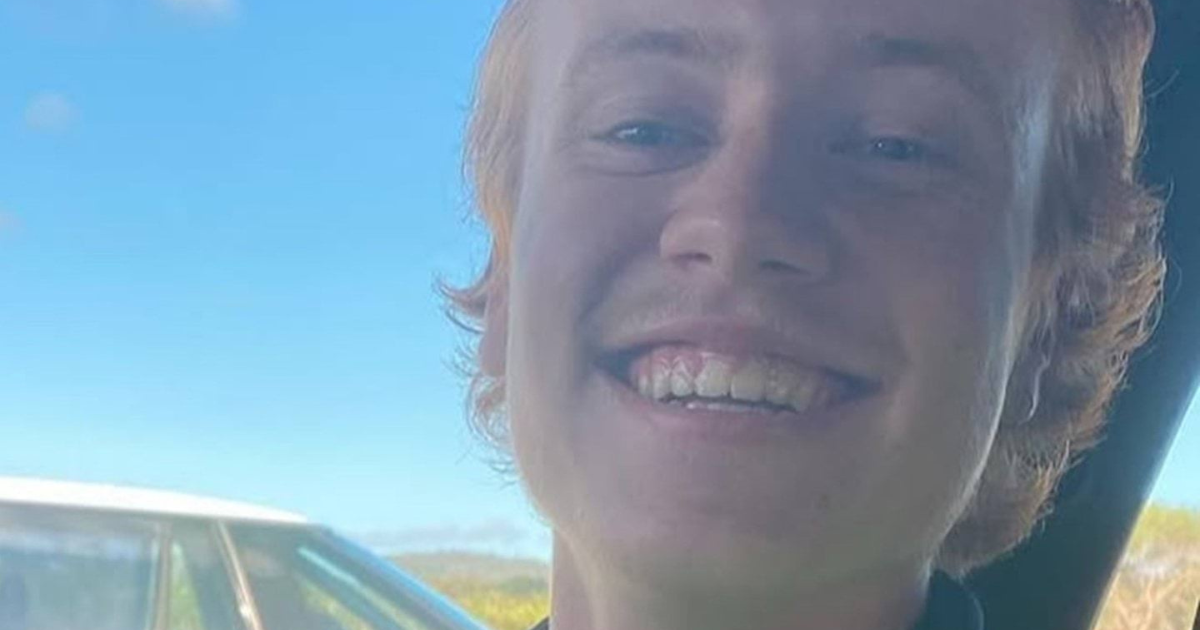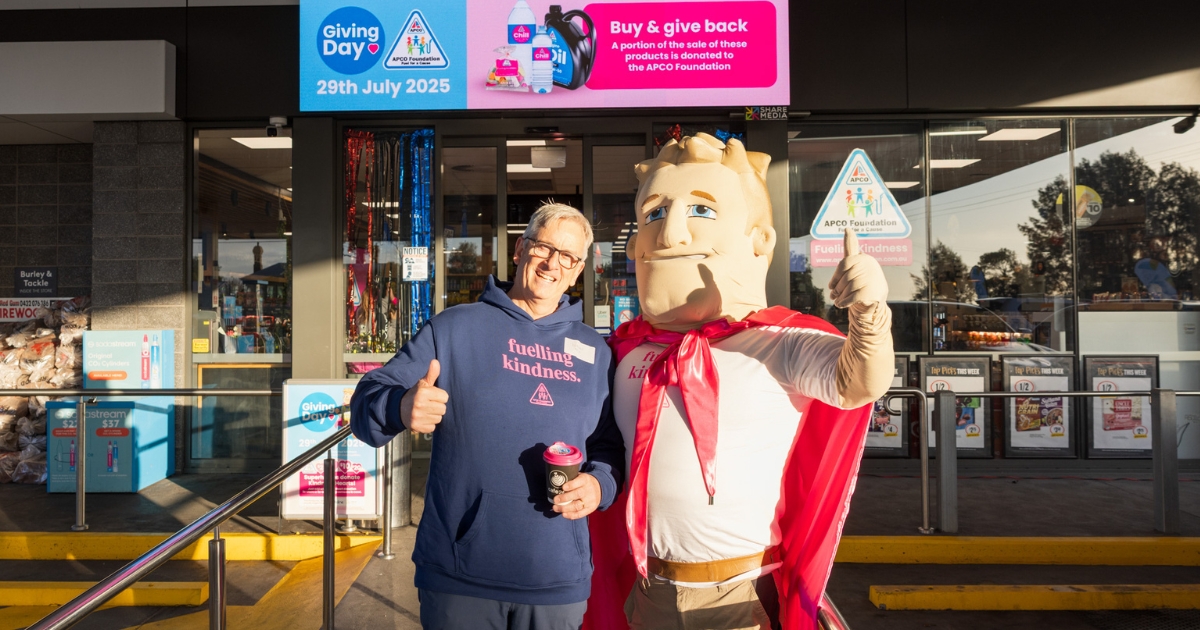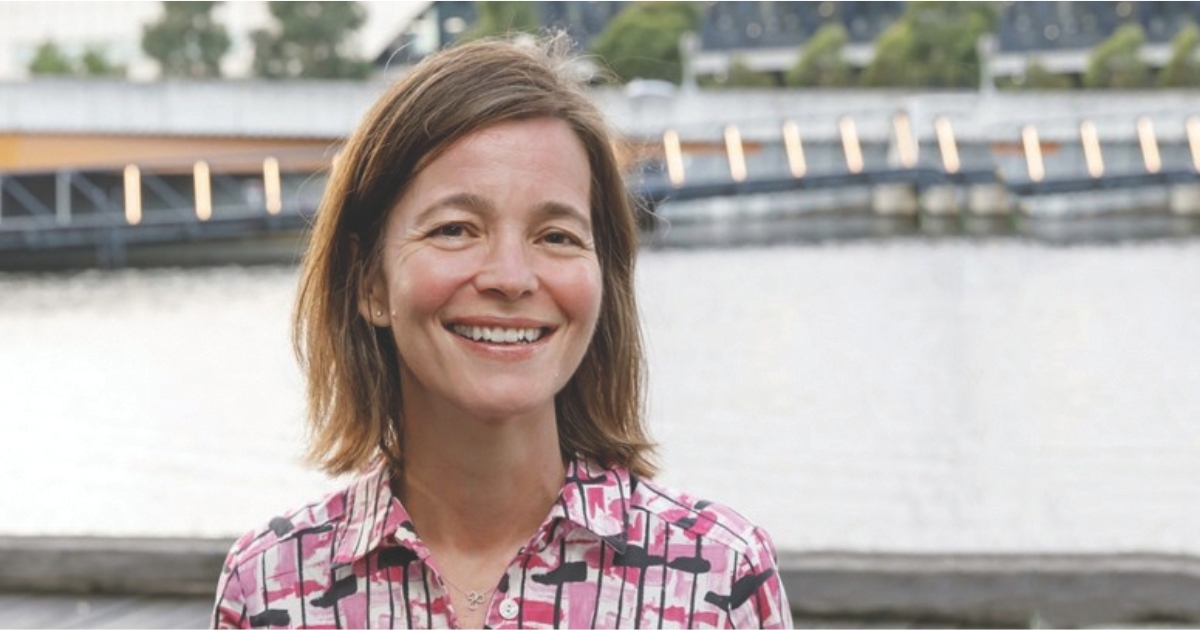New policy about sick people on trains rolled out
THE state government have announced a new policy to better protect passengers who become sick or injured on Victoria’s trains.
In the past, sick or injured passengers were left on board trains until first aid or paramedics arrived, causing discomfort for patients and potential long delays for other passengers.
In 2018, incidents involving unwell passengers caused delays to almost 5,000 services on the metropolitan train network, with bottlenecks regularly occurring around City Loop stations and at Richmond, Camberwell and Box Hill stations.
The state government asked the Chief Paramedic and Safer Care Victoria to work with the key agencies to review the approach.
As a result, public transport staff, Protective Service Officers, Authorised Officers, Victoria Police and the public will be encouraged to help unwell passengers off trains as normal practice.
The review found it is safer to treat sick passengers on the platform or station, as there is more space and privacy, better access to water, toilets and medical equipment such as defibrillators, and a higher likelihood first-aid trained staff and bystanders will be on hand to help.
Defibrillators are already in place at 12 metropolitan train stations, while Metro is rolling out the life-saving devices at 32 more.
V/Line has recently installed defibrillators at 29 staffed stations in response to 25 cardiac-related incidents involving passengers or staff in 2017.
The only exception to the new policy is when passengers may have a spinal injury and should not be moved, are difficult to move or when their behaviour poses a danger to others.
Minister for Health Jenny Mikakos, Minister for Public Transport Melissa Horne and Safer Care Victoria chief paramedic officer Alan Eade announced the policy last month.
“We’re taking action to keep patients and other passengers safe, and making sure they get the treatment and care they need when they get sick,” Ms Mikakos said.
“The safety of sick or injured passengers is our top priority – and moving unwell passengers onto the platform where treatment is more readily available makes sense.”


















